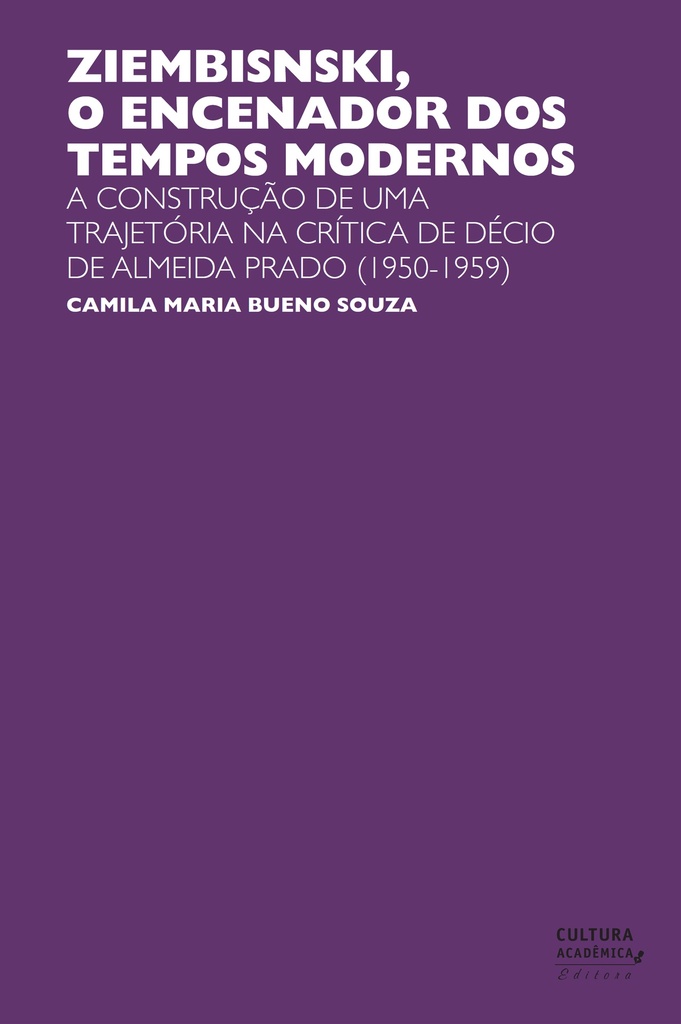The Astronet Infrastructure Roadmap
Editorial: UNESP
Licencia: Creative Commons (by-nc-sa)
Autor(es): Souza, Camila Maria Bueno
Science has provided the technologically advanced and comfortable existence that the majority of Europeans enjoy today compared with that of previous generations. At least as importantly, it lets us predict future events with increasing accuracy (for example, the weather) and to understand our place in the Universe in time and space. Astronomy is the oldest science and arguably the one with the greatest long-term impact on civilisation. For example, the revolution in scientific thought that occurred at the end of the Middle Ages was driven by the revelation that the Earth goes around the Sun. This was followed by the realisation, via observations of a comet and two supernovae at the end of the 16th and beginning of the 17th centuries, that the western orthodoxy that everything above the Moon was unchanging, with the planets fixed to crystal spheres, was totally wrong. Furthermore, it was realised that planetary motion could be understood in terms of physical laws that could also be applied to objects on the Earth. The greatest technology-led breakthrough came in 1609, when Galileo Galilei first pointed a telescope at the night sky and recorded in detail the wonders it revealed.
[2008]
Compartir:
Una vez que el usuario haya visto al menos un documento, este fragmento será visible.


